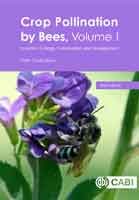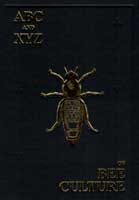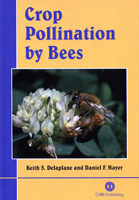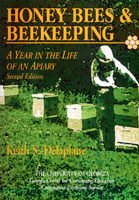Since the second half of the 20th Century, our agricultural bee pollinators have faced mounting threats from ecological disturbance and pan-global movement of pathogens and parasites. At the same time, the area of pollinator-dependent crops is increasing globally with no end in sight. Never before has so much been asked of our finite pool of bee pollinators. This book not only explores the evolutionary and ecologic bases of these dynamics, it translates this knowledge into practical research-based guidance for using bees to pollinate crops. It emphasizes conserving wild bee populations as well as culturing honey bees, bumble bees, and managed solitary bees. To cover such a range of biology, theory, and practice from the perspectives of both the pollinator and the crop, the book is divided into two volumes.
Volume 1 focuses on bees, their biology, coevolution with plants, foraging ecology and management, and gives practical ways to increase bee abundance and pollinating performance on the farm.
This volume will be essential reading for farmers, horticulturists and gardeners, researchers and professionals working in insect ecology and conservation, and students of entomology and crop protection.
Dr Keith S. Delaplane is Professor of Entomology and Walter B. Hill Fellow at the University of Georgia, USA. He received his MS and PhD degrees from Louisiana State University and his BS degree from Purdue University. At the University of Georgia he pursues research interests in honeybee social evolution, bee health management and pollination. He was inducted into the Most Excellent Order of the British Empire as an Honorary Member for his work on beekeeping research and education in the UK. Professor Delaplane lives in Athens, Georgia, USA.






